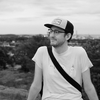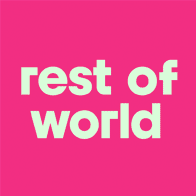Tenday Notes: 11 Sep - 20 Sep 2021
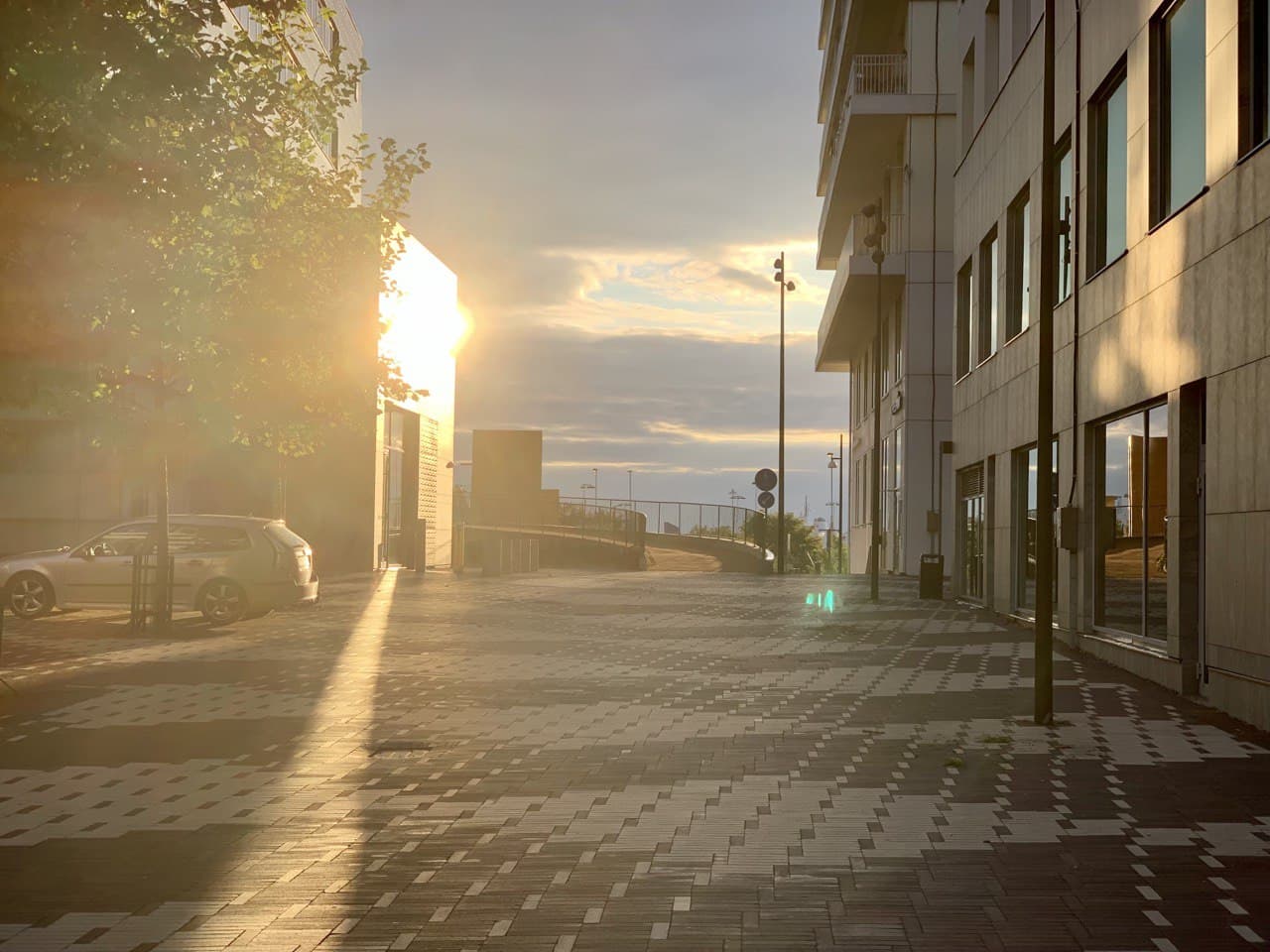
Every ten days I share a quick digest of what I've been working on. Here's the latest. More in the series here. Want them in your inbox? Sign up.
My part-time employer, the climate charity Possible, has published the results of a survey we've been working on for most of the summer about what residents think about traffic filters (which let bikes and walkers through but not cars) and Low Traffic Neighbourhoods.
Traffic filters and low-traffic neighbourhoods have been the target of some toxic discourse recently.
— Possible (@_wearepossible) September 15, 2021
So we decided to set the record straight. We did some door-knocking around the country and we’ve got some heartening stats for everyone.
For those unaware, Low Traffic Neighbourhoods (LTNs) are the latest front in Britain's culture wars. Proponents (like me) say that they're an essential tool for keeping our streets safe and healthy, reducing car dominance in cities, and lowering carbon emissions. Detractors say they're elitist, inconvenience residents, and push traffic and pollution to surrounding areas instead.
We surveyed 272 households altogether and the headline?
— Possible (@_wearepossible) September 15, 2021
Traffic filters are overwhelmingly popular with the residents they serve.
84.% of people wanted to keep their traffic filters, making a strong argument for installing more of these in our towns and cities. pic.twitter.com/58oO0cQUf1
We wanted to know what people actually living with traffic filters think about them - especially those who've lived with a filter for decades rather than a few months. We found that 85% of residents want to keep their traffic filter, and that approval ratings go up as time passes since installation. 76% of people see their traffic filtered streets as safe - a finding that stays constant across many demographics. Top fears, if the filters were removed, were traffic, noise, air quality, and space for people. You can find the methodology here and the anonymised data here.
While the majority of people, 62.5%, weren’t in the neighbourhood when they were installed, of those that were, positive feelings increased over time.
— Possible (@_wearepossible) September 15, 2021
Before they were installed, positivity went from 64.5% to 71.0% immediately after and to 75.8% now. pic.twitter.com/IBAdoPjcNo
My role in all of this was crunching the data and creating visualizations. I'm particularly proud of this simple sankey diagram that I put together, showing how people love their filter more and more over time. Sankeys can often become meaningless spaghetti, but I think the one I put together here was really quite effective due to its simplicity.
And people can see the clear, positive impacts that traffic filters have.
— Possible (@_wearepossible) September 15, 2021
76.4% of those surveyed also saw their streets as safer thanks to traffic filters with the majority of a variety of demographics agreeing. pic.twitter.com/rrPvqz3lu4
This is one of several things we're doing at Possible with the aim of reducing the number of cars in our cities - both in the UK and internationally. More on the latter in my next newsletter! In the meantime, if you want to help out with our work, then just hit reply.
Take a moment to skim over the winners of the Drone Photo Awards 2021. It's fascinating to see art that simply could not have existed a decade ago. How will this technology for new ways of seeing change our perspectives in the future? If I had the opportunity to do it all over again, I wonder if I might become a drone photographer instead.
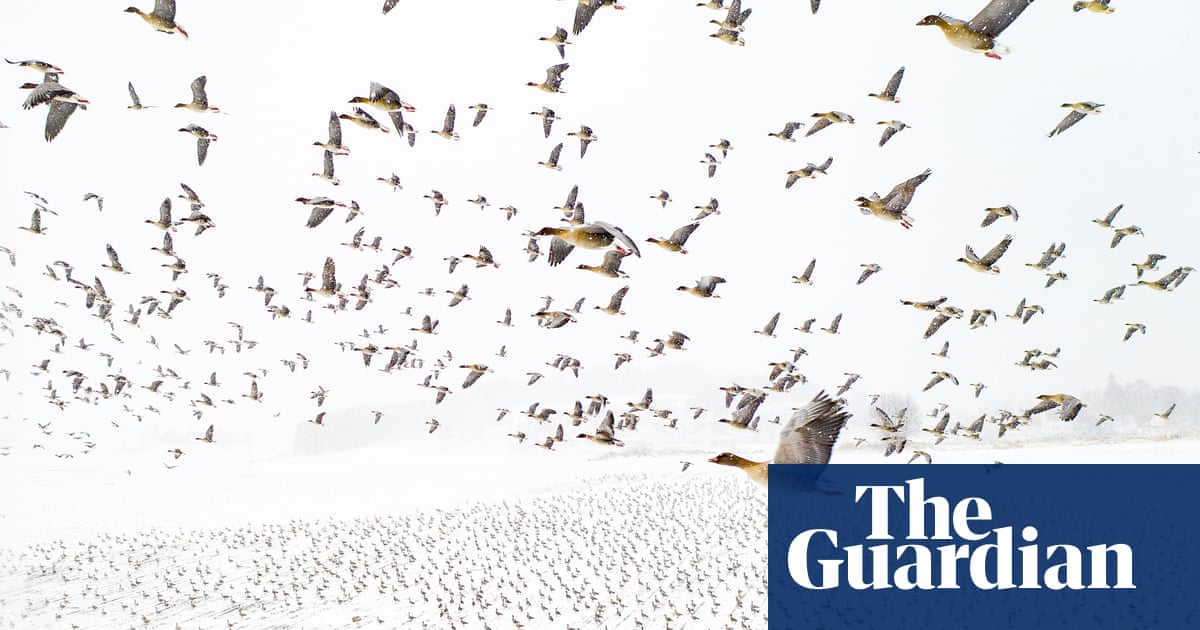
Looking for something new to watch? Rest of World's streaming guide has a bunch of great recommendations for non-Western movies and TV shows to get into. It includes something for everyone - including a version of 24 set in Tang Dynasty China, a lesbian love story set amid the bustling metropolis of Nairobi, and a surfing doco set in the Gaza Strip.
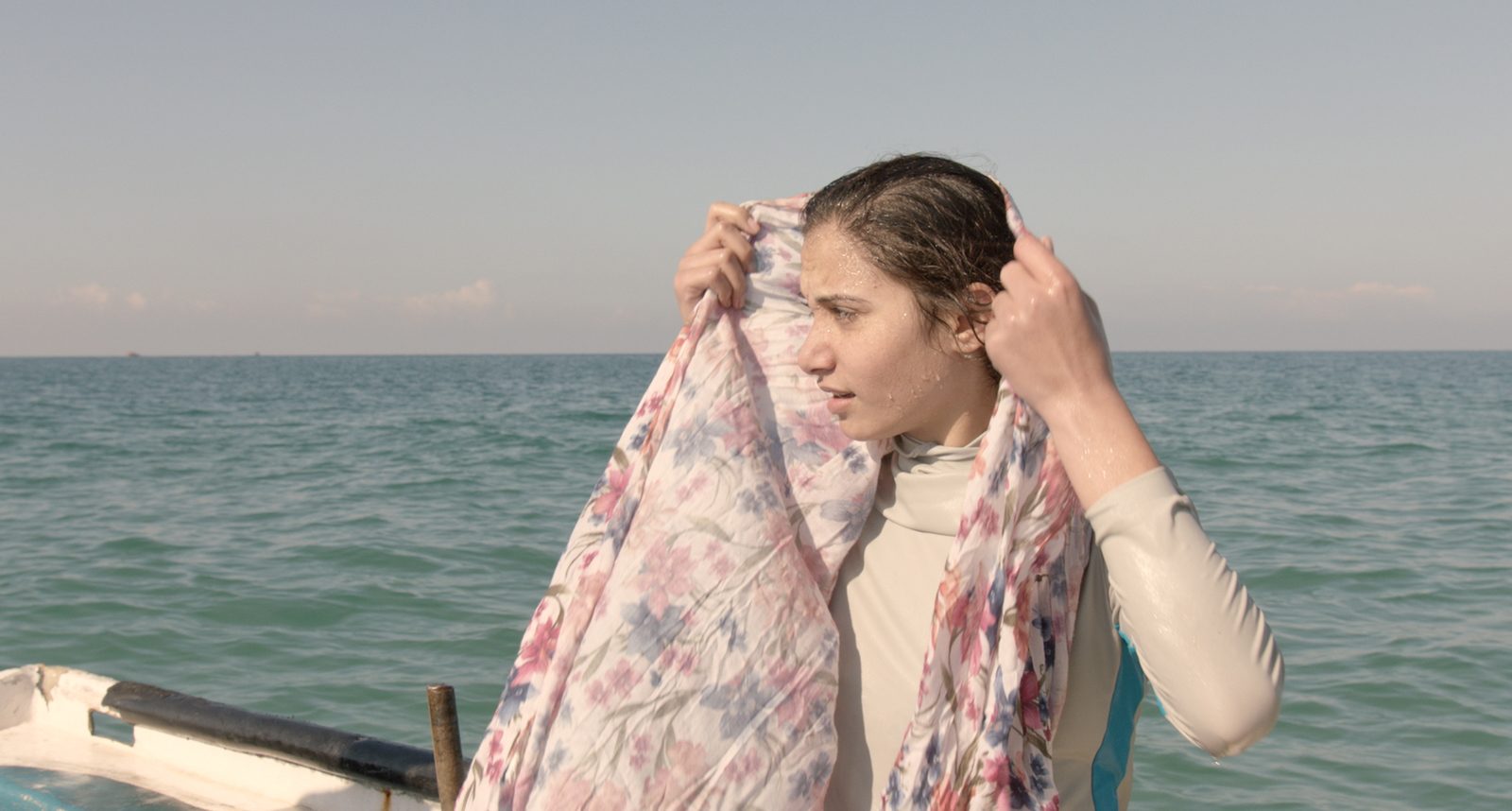
After having had it recommended to me so many times, I finally got around to starting to read "Why We Sleep" by sleep scientist Matthew Walker.

It's a bit of a dense read that could have done with a stronger edit, but I'm loving it nonetheless. So many pearls of knowledge that I'll be treasuring for years. Some of those that have particularly stuck in my memory include:
- There are two totally different mechanisms that make you sleepy (circadian rhythm and adenosine), and caffeine only acts on the latter.
- The way that your sleep cycles are more dominated by REM sleep towards the morning.
- The function of dreams is partly about separating emotion from memory.
- The thing about humans naturally having a sleep cycle with a wakeful period in the middle of the night is an urban myth. It might have happened for a while due to the fashion of the time, but it's not in any way "natural".
- What is "natural" is taking an early afternoon "siesta" - this is extremely common in pre-agricultural societies all over the world.
- Someone who wakes at 7am and is still awake at 3am is as neurologically impaired as someone past the legal alcohol limit, even if they haven't drunk any alcohol at all.
- Generally, the immense, catastrophic damage that lack of sleep generally does to your phsyical and mental health.
Brb, going for a siesta.
Okay back. And look! Lorde has recorded half her new album in Te Reo Māori, the indigenous language of Aotearoa New Zealand. It's a real delight to listen to, and I'd love any recommendations anyone has of other artists who sing in Te Reo.
A couple of weeks ago the writer Robin Sloan asked his email list to make design suggestions for a fantasy query language.

A query language, for those unaware, is a computer language that lets you get information out of databases. You might have heard of SQL, for example. It's basically a way of asking questions in a way that the computer understands.
That sounds dry, but what Robin was looking for was a way to make them more charming and less technological. For example, one reader suggested the idea of whispering your question to a moth, which then floats off to consult with a hive mind and returns later with the answer. Another suggested applying the audio concepts of noise and resonance, hunting through a chaotic signal to find a specific hum. Another talked about using networks of fungal mycelium as large-scale environmental sensor networks.
I suggested a few things too. I referenced Orca and Arcologies which set up generators, processors and receivers of signals on a 2D grid, and deliver results as music. It's intriguing to think about what that would look like on non-screen scales - a chessboard, a layout of furniture (feng shui as a query language?), urban planning, ley lines, lighting different kinds of fires on exactly the right mountains.
I also suggested that such a language could be closer to religion than magic. "What is prayer if not a query language?" I wrote. "What if you stepped into a confessional to request your data? Then waited there as the AI or human data priests decided what response you deserve."
Finally, what would the output be like? I believe that a problem with our current data paradigm is that it fails to generate, I'm not sure what to call it - empathy? Compassion? The environment is felt first and foremost by the people it affects, and so anyone requesting data should also have to feel the result of the query. If it's a heatwave, you should feel the oppressive temperatures. If it's a rainstorm, you should be drenched. If it's polluted, you should choke and wheeze.
The full page of responses is a fascinating read.
An excellent question - "What's the smallest amount you can spend to buy a million of something?" The winning entry, so far, seems to be £5.21 for 1,000,000 styrofoam balls.
We've been playing a game: What's the smallest amount you can spend to buy a million of something?
— Jonty Wareing (@jonty) September 16, 2021
Current best:
🏷 £114 for a 1,000,000 clothes tags - https://t.co/fn9xvivb0u
Can you beat that?
I am squarely in the target audience for this wonderful NYT article comparing the sounds of the "doors closing" jingles around the world. The way the little audio clips interact with the animations is just delightful, and so are the historical notes about transition from analogue to digital:
In Paris, a simple “A” note plays as the doors shut. This is also a throwback, a sound that mimics the vibrations of a mechanical part that is no longer in use on any of the system’s trains. “But for a half century Parisians and visitors alike became used to that sound, so we decided to keep it, and recorded a synthesized version,” said Song Phanekham, a communications manager for the Paris transit system. “It’s a tribute to the heritage of the Paris Metro.”
The whole thing is well worth your time.
That’s all. See you in October!
- Duncan
